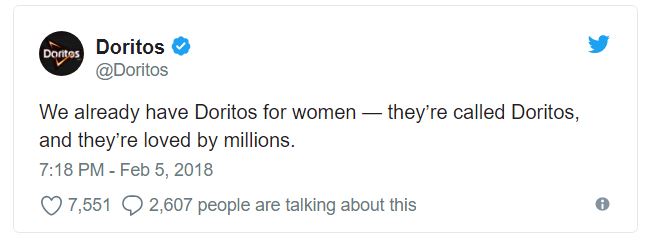Gini Dietrich is the CEO of Arment Dietrich and the author of Spin Sucks. This is part of an interview that I conducted for the book that I am writing on my Bullseye Marketing Framework.
Louis: What is PR today and how is it different than in the past?
Gini: I believe in the PESO model which is Paid, Earned, Shared and Owned media. So you have your traditional earned media which is media relations, publicity, working with influencers, brand ambassadors, things like that. You’ve got shared which is social. Owned which is content, content marketing. And then paid, not from the perspective that we are going to go out and create these gorgeous ads and then put them on the Super Bowl. No, it’s more like take the content that we are creating and then amplify it through paid social or through email marketing. So it all works together from an integration standpoint and that’s what we do. So, we really look at communications as an integrated model. A lot of people think of PR and they think of publicity. They think, you know, you’re getting on the front page of the New York Times. And that’s just one teeny-tiny part of it. We really look at it holistically.
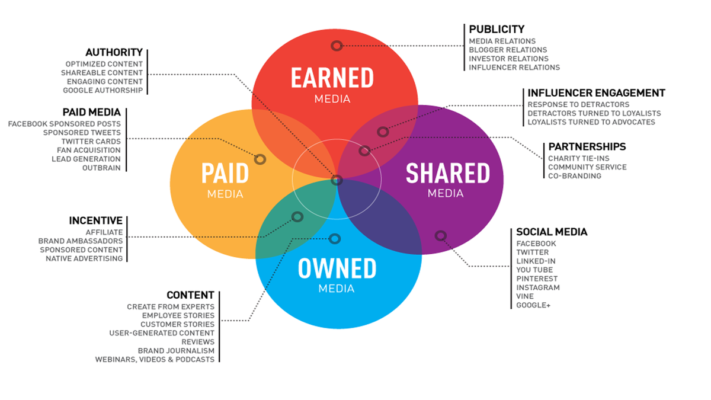
Louis: So I think of traditionally PR as being kind of the earned media part of the peso model. You know the publicity, the media relations, influencers and so forth. How then is a PR agency today different from a marketing agency?
Gini: Well, it’s probably not in some cases. There are certainly some digital agencies that are trying to do everything that a PR agency would do as well. Typically what I find marketing agencies do better at is branding, product development, that kind of stuff versus communicating externally and internally.
Louis: Is there an area of the PESO model that you think is most important to your work as a PR professional?
Gini: I think content is where it starts because without content, you don’t have earned. Without content, you have nothing to share on social. Without content, you have nothing to share in email or amplify on paid. So, I think that’s where it all starts. I think you are right in that most PR professionals and most executives expect that you should start with earned but you can’t start with earned if you don’t have anything to share.
Louis: Yes. Well, content is kind of central to everything today, like you’ve said. So, what about influencer relations now? You know, that’s kind of at the heart of the earned part of it.
Gini: Yes.
Louis: So, do you do that for your clients and if you do, how do you go about doing it?
Gini: We do. And I actually we take a different approach because I’ve had the whole experience of working with celebrities. And I used to do food PR, which I really miss, and I’ve done everything with celebrity chefs. And I have gone that whole route but what we find is that that’s great for awareness but not for sales conversions. And because we do so much work with B2B organizations, awareness is great but clients aren’t happy if you are not helping them convert sales. So we find that micro-influencers are actually much more effective because they may have 100 followers but all 100 are avid fans of everything that influencer says and if that influencer believes in and is passionate about a product and they talk about it, all 100 of those people are going to actually buy. Whereas if you are Tiger Woods and you are touting a new watch, millions of people will see that but how many people will buy? I would rather have 100% of 100 people than 0.0001% of a million.
Louis: Yeah, that’s a great point and I have heard that from some other people who are involved in social media influencer outreach. They might be focused on influencers — more like a couple of thousand followers rather than a hundred. But you don’t need someone with Kim Kardashian levels of followers.
Gini: No. You do not.
Louis: So how much of that time when you are working with influencers are they doing it because they love what you’re doing and how much of the time is it because you’re paying them in some form?
Gini: With the micro-influencers, we try to find people who are already using the products or have a passion for the products or the industry or maybe have worked with the competitor. So we try to find those kinds of people. For someone like me who works on both sides because I’m also an influencer, I will not work with an organization unless I’ve used their product and believe in it. And I want to have used it on my own, paid for it, all of that before I even consider it.

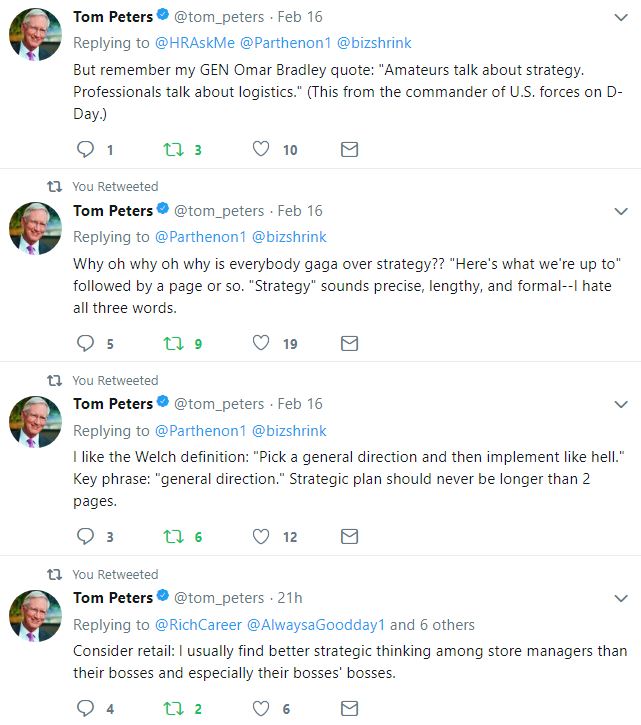
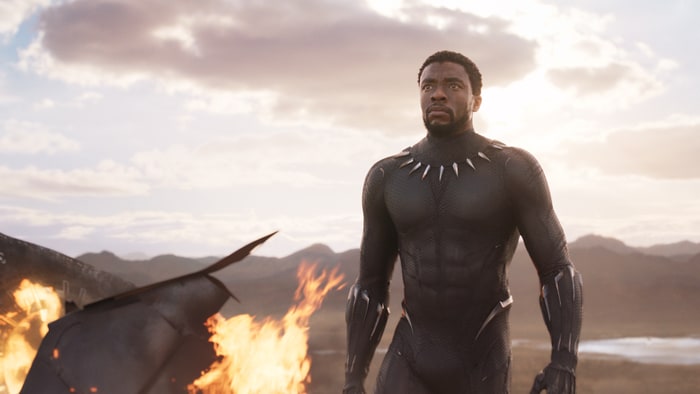
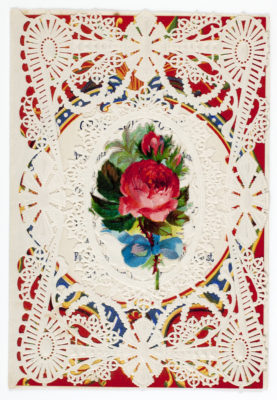 Valentine’s Day rituals have evolved over centuries but a major commercial disruption happened in 1849 in Worcester, Massachusetts.
Valentine’s Day rituals have evolved over centuries but a major commercial disruption happened in 1849 in Worcester, Massachusetts.